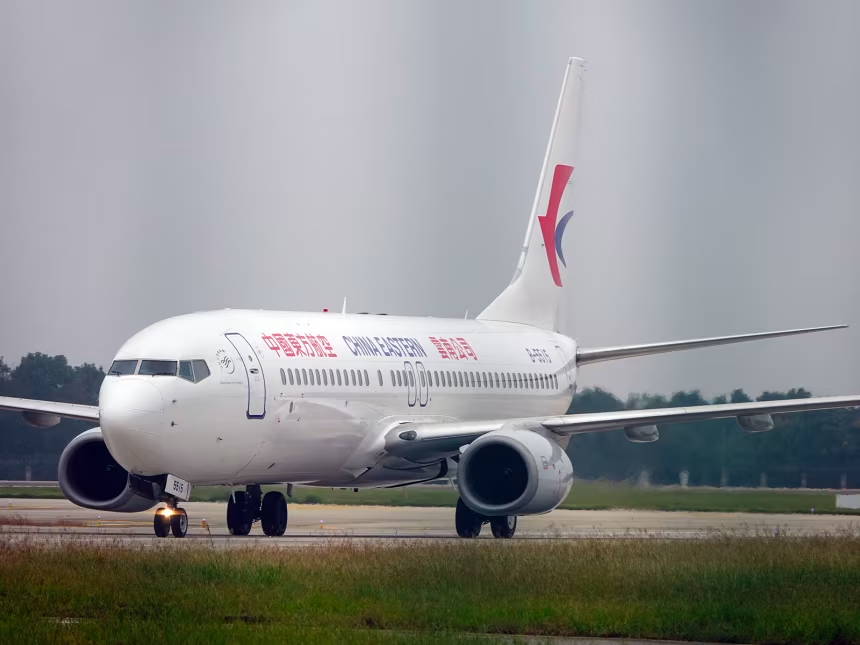Leading Chinese airlines have voiced strong opposition to a proposal by the Trump administration that would prevent them from flying over Russian airspace on routes connecting China and the United States. The U.S. government argues that the move is intended to create fair competition, as American airlines are currently barred from using Russian airspace due to sanctions, while Chinese carriers continue to benefit from faster and cheaper routes.
Major airlines including Air China, China Southern, and China Eastern have warned that the proposed ban would severely disrupt flight operations. According to the airlines, rerouting flights to avoid Russia would add between two and three hours to each journey, significantly increasing fuel consumption, ticket costs, and flight delays. One carrier estimated that as many as 2,800 passengers could face rebooking during the upcoming holiday season if the plan is implemented.
Chinese aviation authorities and airline executives argue that the U.S. proposal would harm travelers on both sides and strain commercial relations between the two countries. They also warned that such restrictions could undermine ongoing efforts to rebuild global air travel connections following the pandemic.
The Trump administration maintains that the measure is about fairness and national security. U.S. officials claim that allowing Chinese airlines to use Russian airspace gives them an unfair competitive edge, as their flights are shorter, cheaper, and more fuel-efficient compared to American carriers that must take longer routes around Russia.
China’s Ministry of Foreign Affairs has criticized the proposal, describing it as politically motivated and damaging to “people-to-people exchanges.” The ministry urged Washington to reconsider, emphasizing that cooperation in aviation should remain separate from geopolitical disputes.
Aviation analysts note that if the ban takes effect, both countries could face higher costs and reduced connectivity, with longer flight times affecting tourism, trade, and business travel. They caution that escalating aviation disputes may further complicate already tense U.S.-China relations.


